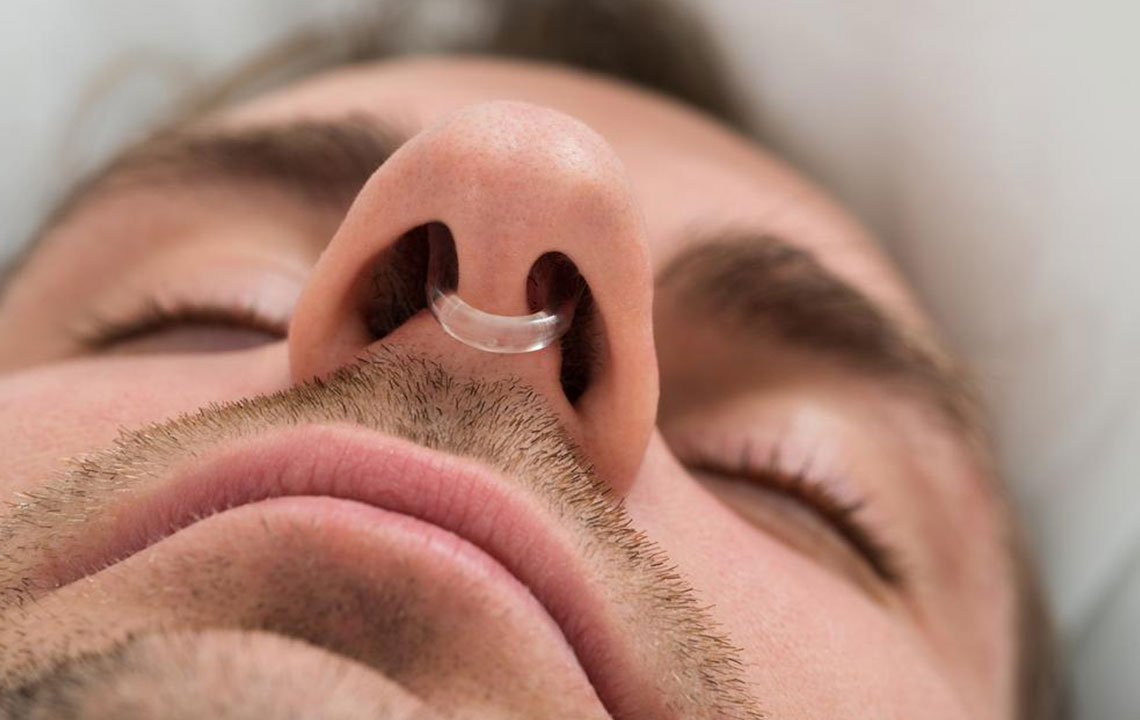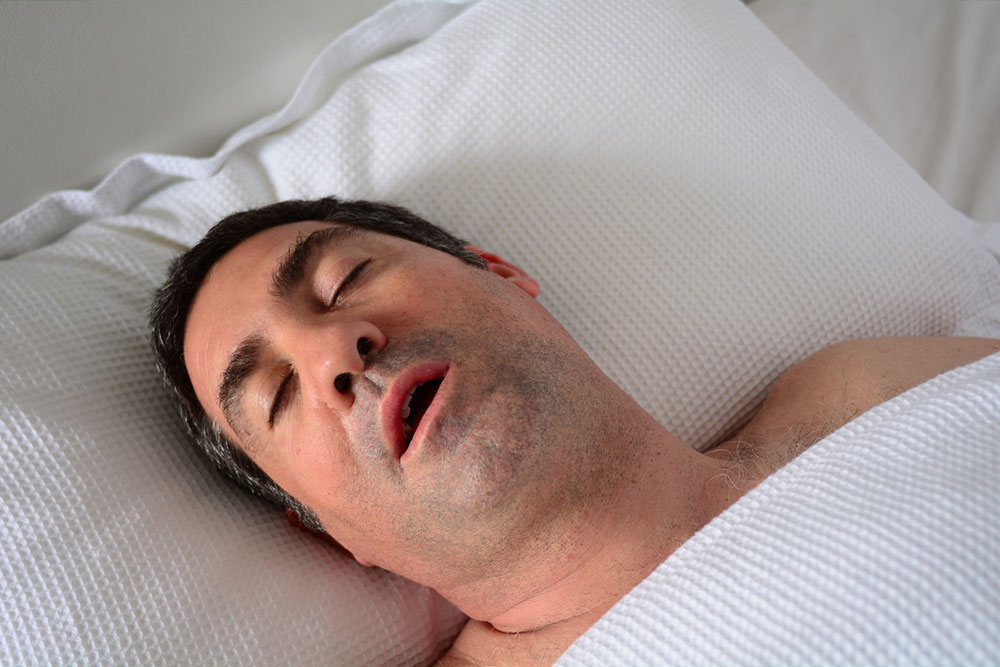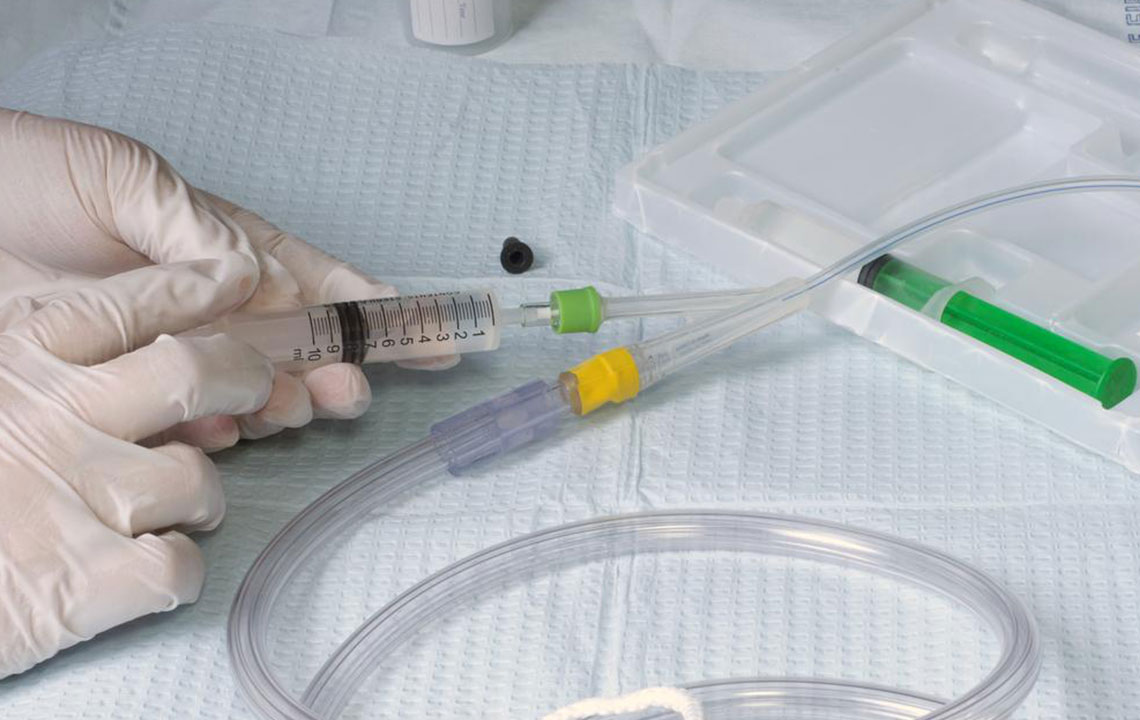Comprehensive Strategies and Expert Tips to Alleviate Sleep Snoring Effectively
Discover comprehensive solutions and expert tips to effectively combat sleep snoring. From lifestyle changes to advanced medical devices and surgical options, learn how to improve sleep quality and reduce health risks associated with snoring. Early intervention and professional guidance are key to a peaceful night's sleep.

Comprehensive Strategies and Expert Tips to Alleviate Sleep Snoring Effectively
Sleep snoring is a common phenomenon that affects millions worldwide, but many are unaware of the underlying causes and effective treatment options. Snoring occurs when airflow through the mouth and nasal passages is partially obstructed during sleep, resulting in vibrations of the tissues in the throat and mouth. These vibrations produce the characteristic loud or soft sounds associated with snoring. While occasional snoring might seem harmless, persistent or loud snoring can be a sign of underlying health issues, including sleep disorders such as obstructive sleep apnea (OSA). This condition warrants attention because it can have serious health implications if left untreated.
Understanding the causes of sleep snoring is essential for effective management. Factors such as excess weight, nasal congestion, alcohol consumption, sleep position, and anatomical differences of the airway can all contribute to snoring. Specifically, individuals with enlarged tonsils or adenoids, a swollen tongue, or a deviated septum may experience blocked airflow, leading to loud snoring. Lifestyle habits like smoking and poor sleep hygiene can exacerbate the problem, while certain medical conditions, including hypothyroidism or nasal polyps, also play a role.
Snoring is not merely a nuisance; it can interfere with the quality of sleep for both the snorer and their bed partner. Untreated snoring, especially if associated with sleep apnea, increases the risk of daytime fatigue, irritability, cognitive impairment, and even cardiovascular problems such as high blood pressure, heart attack, and stroke. Studies indicate that around 1 in 15 Americans suffer from moderate to severe sleep apnea, and over half the population snores to some degree, highlighting the widespread nature of this issue.
Fortunately, there are a variety of effective treatments available to address sleep snoring, ranging from lifestyle modifications to medical devices. The key to successful management lies in choosing the right approach based on the severity and underlying cause of the snoring, ideally under medical supervision.
Non-Medical Strategies for Snoring Reduction
For mild cases or initial attempts to manage snoring, lifestyle changes can often make a significant difference. Losing excess weight reduces fatty tissue around the neck, which can obstruct airflow. Maintaining good sleep hygiene—such as establishing regular sleep schedules, avoiding alcohol close to bedtime, and sleeping on your side instead of your back—can help minimize snoring. Elevating the head of the bed slightly may also improve airway patency.
Addressing nasal congestion is another crucial step. Using saline nasal sprays or nasal strips can open nasal passages, facilitating smoother airflow. For individuals with allergies, managing symptoms through appropriate medications can further reduce snoring episodes.
Medical Devices and Technological Solutions
Various devices are designed to reduce or eliminate snoring by improving airflow or limiting tissue vibrations. The most commonly used are oral appliances, which are custom-made mouthpieces fitted by dental professionals. These include Mandibular Advancement Devices (MAD), which reposition the lower jaw forward to keep the airway open, and Tongue Retaining Devices (TRD), which hold the tongue in a forward position. These devices are highly effective for many users and are favored because they are non-invasive and have minimal side effects.
Chin straps are another non-invasive option, functioning to keep the jaw in a forward position during sleep. Anti-snoring pillows are specially designed to support the head and neck in positions that reduce airway obstruction. Nasal dilators and nasal strips alleviate nasal congestion, easing breathing during sleep.
For severe cases or when obstructive sleep apnea is diagnosed, Continuous Positive Airway Pressure (CPAP) therapy remains the gold standard. CPAP devices deliver pressurized air through a mask to keep the airway open throughout the night, significantly reducing snoring and sleep apnea episodes. While effective, CPAP requires consistent use and proper patient adherence.
Medical Interventions and Surgical Options
When lifestyle modifications and devices are insufficient, surgical procedures might be considered. Surgical options include uvulopalatopharyngoplasty (UPPP), which removes excess tissue in the throat, or procedures to correct a deviated septum. Laser-assisted surgeries or radiofrequency tissue ablation are minimally invasive options aimed at reducing tissue bulk and stiffening the palate. These procedures are generally reserved for severe cases or when anatomical abnormalities are contributing to airway obstruction.
It is vital to consult healthcare providers for a comprehensive evaluation before pursuing surgical options. A proper diagnosis often involves sleep studies, which provide valuable insights into the severity of the disorder and guide treatment planning.
Important Considerations and Cautions
While many devices and treatments are available online, caution is advised. Counterfeit or poorly made products may not only be ineffective but could also cause harm. Always seek professional medical advice before starting any snoring treatment, especially for custom devices or surgery. Proper fitting and supervision ensure safety and maximize the chances of success.
In summary, managing sleep snoring involves a multifaceted approach that includes lifestyle modifications, use of medical devices, and possibly surgical intervention. The choice of treatment should be tailored to the individual’s underlying condition, and consulting sleep specialists or ENT doctors ensures the best outcomes. By taking proactive steps, individuals can significantly improve their sleep quality, health, and overall well-being.





